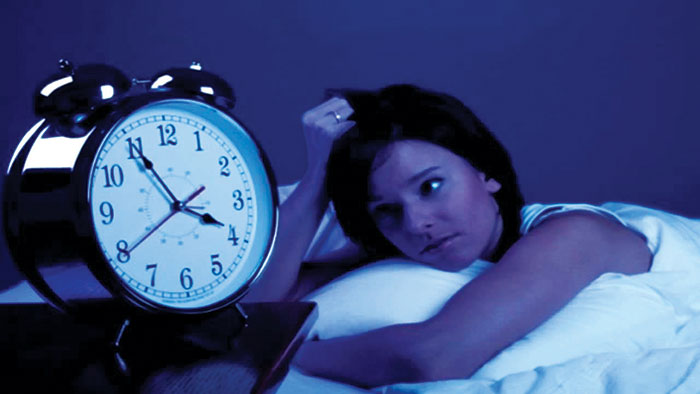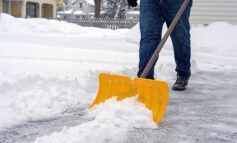
In adults of all ages, chronic sleep problems were linked with a greater risk of trouble with activities of daily living later in life, in a recent study found.
Although disability rates have been falling, up to one in five seniors have at least one limitation in their ability to perform tasks, the researchers write in the Journal of the American Geriatrics Society.
“Most people don’t get sufficient sleep – as a culture we tend to devalue sleep – and we tend to underestimate the potential impact of not getting adequate sleep,” lead author Elliot Friedman told Reuters Health by email.
Research has linked poor sleep to poor health, but little is known about how sleep affects daily functioning, said Friedman, a gerontologist at Purdue University in West Lafayette, Indiana.
For the new study, Friedman analyzed survey data collected in 1995-1996 and then again in 2004-2006 from 3,620 people between the ages of 24 and 75 at the outset.
Participants answered questions about any sleep issues they had in the past year and their ability to complete daily living tasks such as bathing, dressing and walking one block.
They also reported on their ability to complete more difficult “instrumental” tasks such as bending over, vacuuming, carrying groceries, climbing stairs, walking a mile or running.
At both surveys, about 11 percent of participants reported chronic sleep issues.
Compared to people who slept well, those with poor sleep at the first survey were 55 percent more likely to report greater limits on their activities of daily living a decade later and 28 percent more likely to have increased difficulty with instrumental tasks.
Among participants who were disability-free at the first survey, those who had sleep problems were twice as likely to be having trouble with daily living tasks 10 years later and 70 percent more likely to develop trouble with instrumental tasks.






Leave a Reply